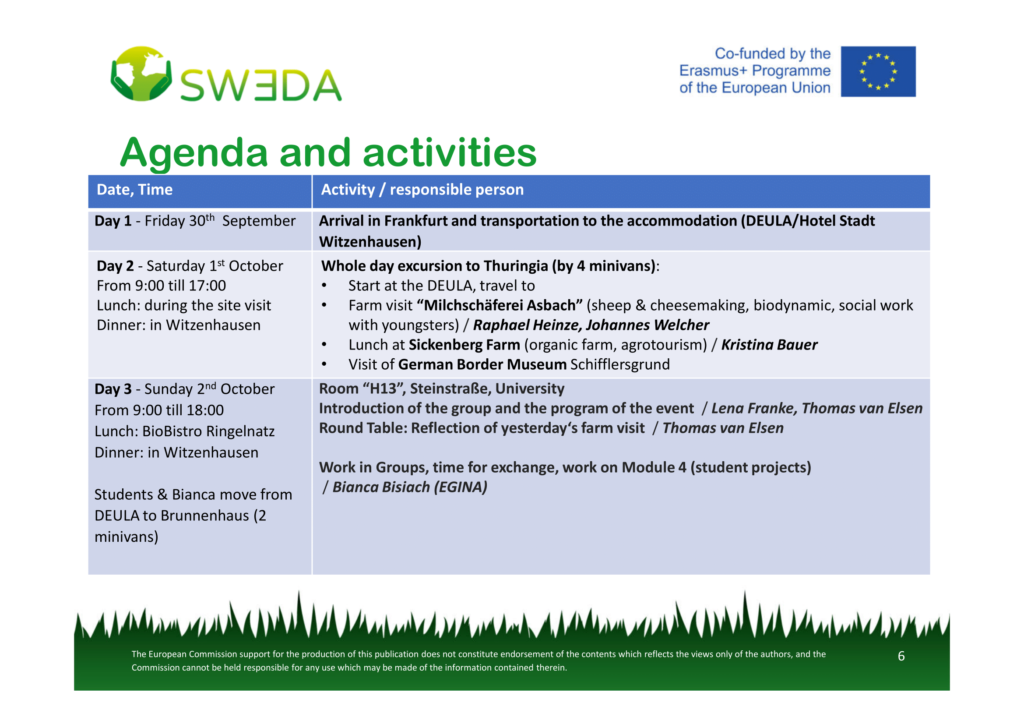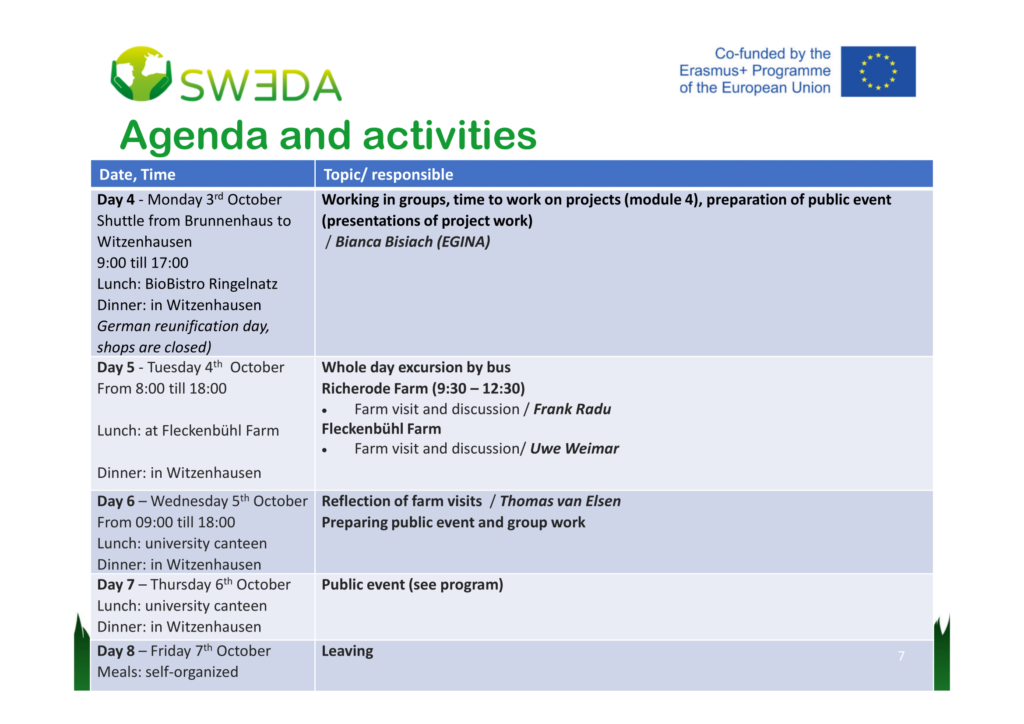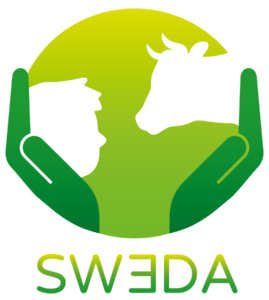The next appointment for the SWEDA project will be in Germany, in Witzenhausen from the end of September to 7 October 2022.
Witzenhausen – Cherry- and University town in the Werra valley
The Cherry- and University town of Witzenhausen is attractively situated in the romantic valley of the river Werra being the centre of one of the largest and oldest areas of cherry growing in Germany. The attractive old city-centre with its survival of half-timbered houses gives evidence of medieval culture and architecture. Witzenhausen has been successful in preserving both the old and the same time being open for the new. Thus the smallest university-town of Germany is the location of the faculty of organic agriculture of the University of Kassel, the first in Europe.
The 16 quarters of the town are situated in the centre of numerous cherry orchards and wooded hills. These villages are often the ideal starting point for walking tours into the surrounding area, e.g. the lookout „Bilstein“ (altitude 642m in the wildlife park Kaufunger Wald) or the famous „Zwei-Burgen-Blick“, a view at two castles, the Youth Hostel Castle „Ludwigstein“ and the castle ruins of „Hanstein“ across the Werra river in Thuringia.
Visitors to the city will find a broad spectrum of sports, fun and fitness from the mineral water baths, both indoor and outdoor, to tennis, squash, riding, bowling, minigolf or gliding flight. Well-market biking trails as e.g. the „Werratal-Radweg“ will take you into the beauties of the cherry-area, or alternatively with boat trips on the Werra. Besides friends of a good drink will get their money’s worth enjoying sour cherry wine in one of the neat restaurants or wine bars. The same applies to the special organic beers of the local brewery.
The town’s symbol, the cherry, has for centuries determined the course of the year. The cherry blossoms are certainly a special event for the visitors of the „Witzenhausen week“, particularly on the walks through special blossom trails. At the time of the cherry-picking on the second weekend of July we celebrate the great cherry and old town festival. Many visitors flock into the city in order to take part in the festivities and greet the new Cherry Queen or join in the competition of cherry-stone-spitting.
The name of Witzenhausen is apart from the cherries world-famous for the university with its greenhouses for tropical and subtropical plants. Thanks to modern technology cocoa, coffee, lemons, oranges, bananas and many exotic plants are growing well. The greenhouses are not only used for training and research, but also open for interested visitors. On the premises, a Museum of Ethnology has been established in a beautiful half-timbered mansion. Numerous exhibits from various cultures show the wide variety of human life now and then.
But still the city itself with its historic buildings and the ancient walls is attractive and worth a long walk.
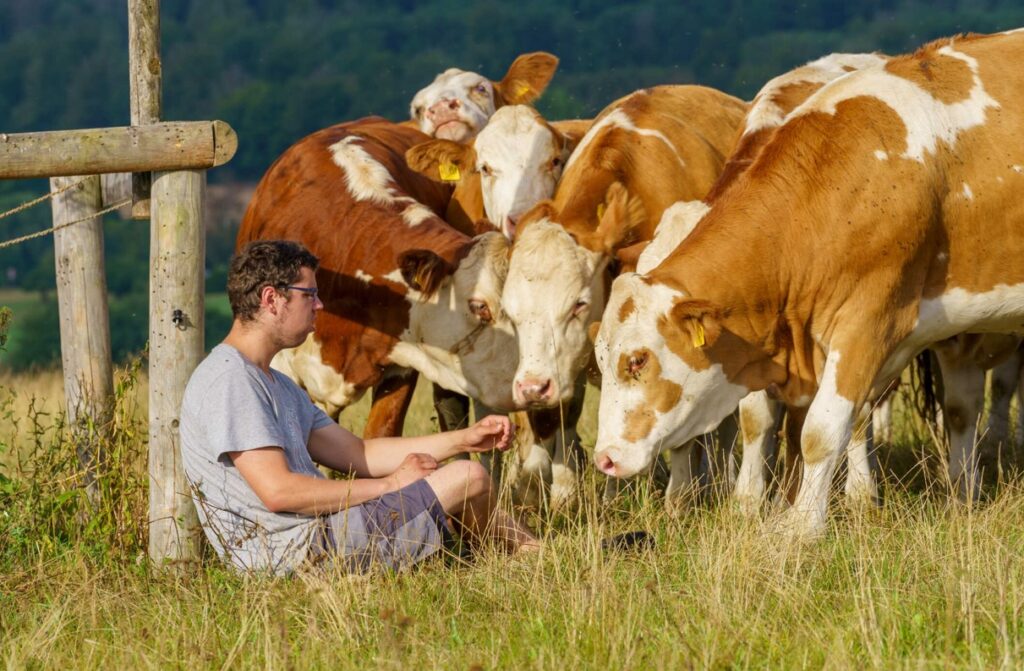
Faculty of Organic Agricultural Sciences
The Faculty of Organic Agricultural Sciences holds a prominent position in the university landscape in Germany and internationally with its definitive organic profile. Questions of ecology are central to all research and teaching, forming the theoretical framework in all disciplines. This is a clear profile oriented towards the future. This focus is not in discord with conventional agriculture and agricultural sciences, but represents an important supplement and enhancement.
Agricultural education has a long tradition in Witzenhausen. In 1898 a School for Tropical and Subtropical Agriculture was founded to train agricultural experts in German colonies before World War I. Since 1971 when the Kassel University was founded Witzenhausen has hosted the Faculty of Agronomy, International Rural Development and Environmental Protection. For 30 years Organic Agriculture has been part of the curriculum. Since 1996 the main focus is on organic agricultural sciences and the Faculty has changed its name to „Faculty of Organic Agricultural Sciences“, new professorships were established to further develop our organic profile in teaching and research; a unique situation worldwide. In 2005 all study programs were accredited and transfered to Bachelor and Master system.
Interdisciplinary and open-minded education
The faculty is known for its applied, interdisciplinary and open-minded education of students from different countries and cultures. The relatively small number of 900 students, the close proximity of all buildings, the individual contact to the staff and lecturers and the intimate atmosphere of a small town are advantageous factors.
Objectives of teaching
The main focus of the study is to impart extensive expert knowledge, which is an essential pre-requisite of sustainable agriculture with regard to different agro-ecological and economical conditions. The general objective is the development of site-specific solutions with minimal use of non-renewable resources for the sustainable protection of the food basis of a rapidly expanding world population. These are the main topics we focus on:
- maintenance of nutrient cycles,
- the reflected use of means in organic agriculture and food production,
- balanced relation between productive and ‘non-productive’ areas such as landscape protection
- research along the food chain including marketing, nutrition cultures as well as consumer studies
- and the link between agricultural practice, regional market and rural development.
Teaching and research are directed towards these topics through elaboration of cause-effect-relationships in system approaches.
Teaching methods – teaching and didactic approach
In order to gain a broad understanding of the field of organic agriculture, an interdiciplinary approach in teaching is very important. Students learn to work in a case-specific and methodical manner. An important component of the international master programs is working in projects in interdisciplinary and multinational teams. In addition to the academic education students acquire key qualifications, such as team work ability, interdiciplinary thinking, intercultural competencies and responsibility, enabling them to develop modern and practical solutions to prevailing problems.
International Focus
A further profile characteristic is the international orientation of the Faculty which has a long tradition in Witzenhausen. Foreign guest scientist and students enrich daily university life and give the university location Witzenhausen a multicultural face. A special commitment to the international dimensions of scientific work can be seen in the variety of international research co-operations and university partnerships, the regular international taining programs and co-operations with alumni activities of German universities and summer schools. Since 2002 we offer master programs taught in English such as MSc „International Food Business and Consumer Studies“ and MSc „Sustainable International Agriculture“. 80 % of the students attending those programs are from abroad.
Social responsibility
The Faculty of Organic Agricultural Sciences realises that important aspects of social justice need to be considered and protected to ensure sustainable food security. This has been the basis of our long-lasting international commitment. Therefore, all graduates will, through their course of study, be able to make socially responsible contributions with regard to sustainable agriculture, land use, food production and trade.
Here www.uni-kassel.de/fb11agrar/de/aktuelles/kurzfilme/englischsprachige-filme.html you can find short video clips in English about studying in Witzenhausen.
Petrarca e.V.
The European Academy of Landscape Culture (www.petrarca.info) has a branch in Witzenhausen with two offices (one of them at University) and hosts the German Community of Practice of Social Farming (www.soziale-landwirtschaft.de).
[1] taken from www.uni-kassel.de/fb11agrar/en/home.html
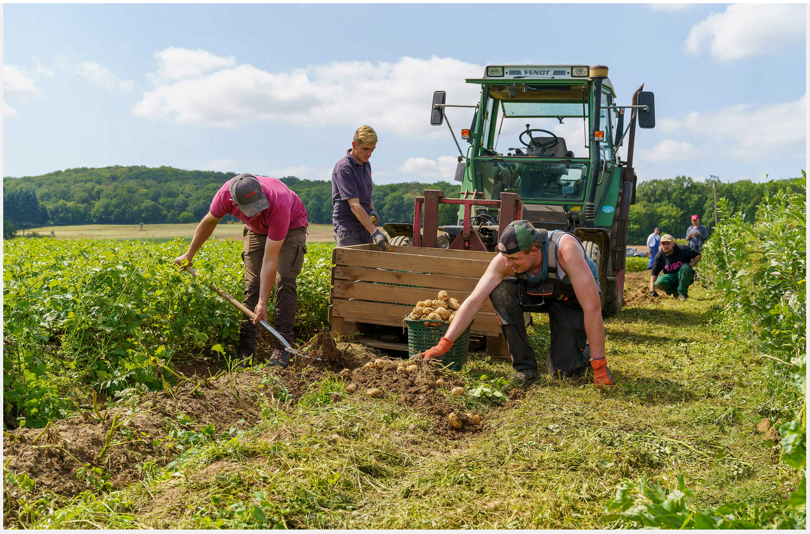
Discover the Course AGENDA:
